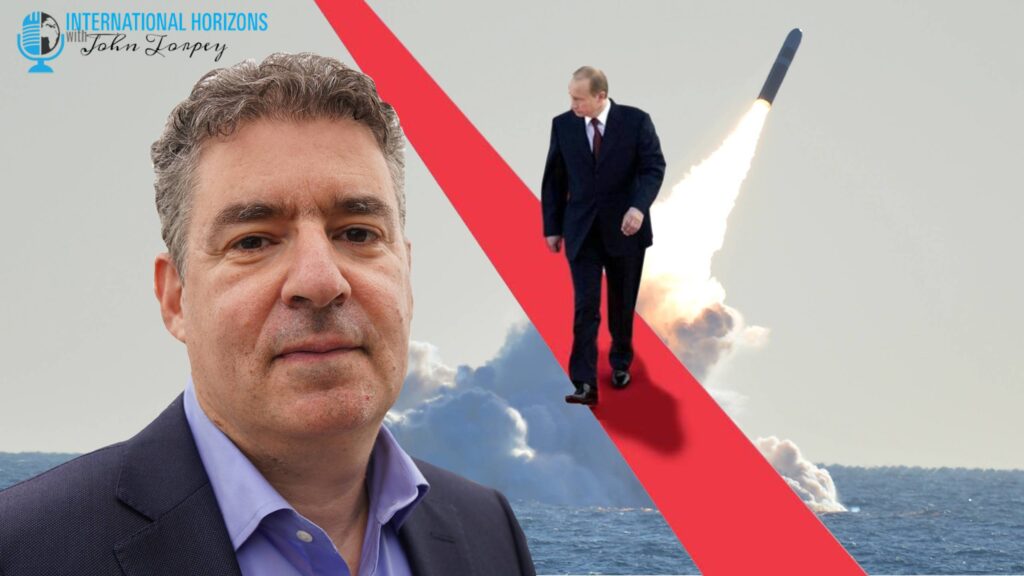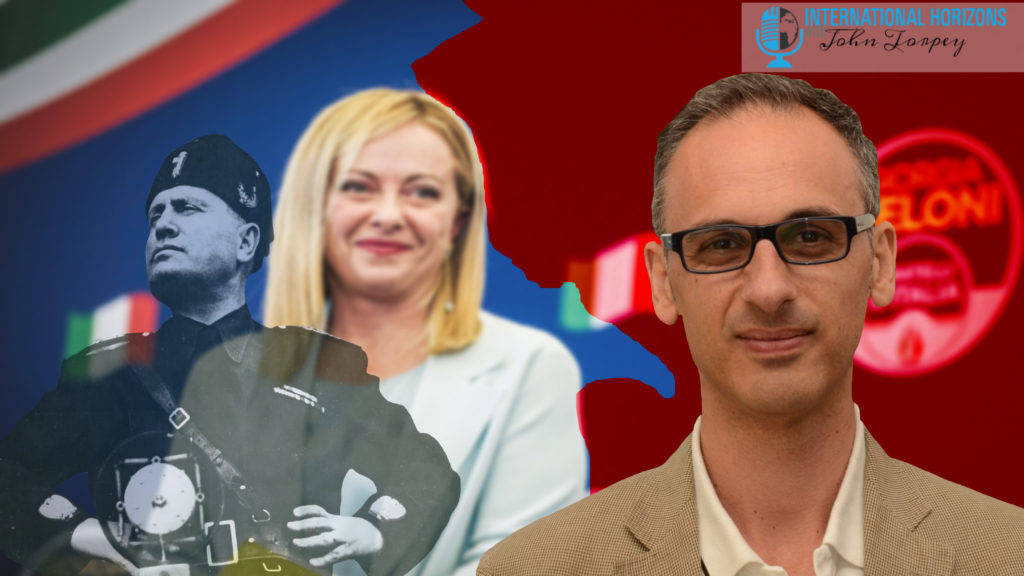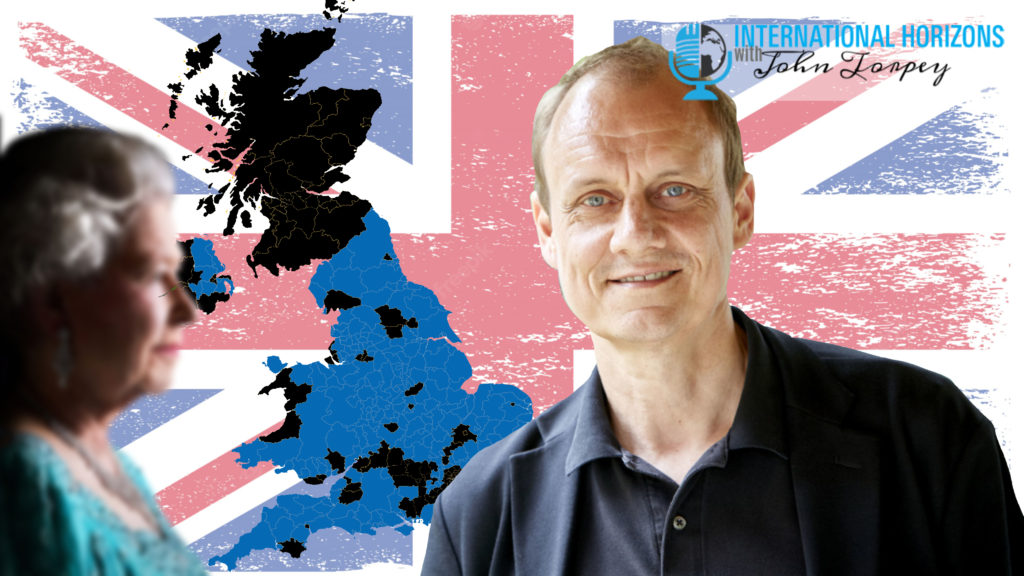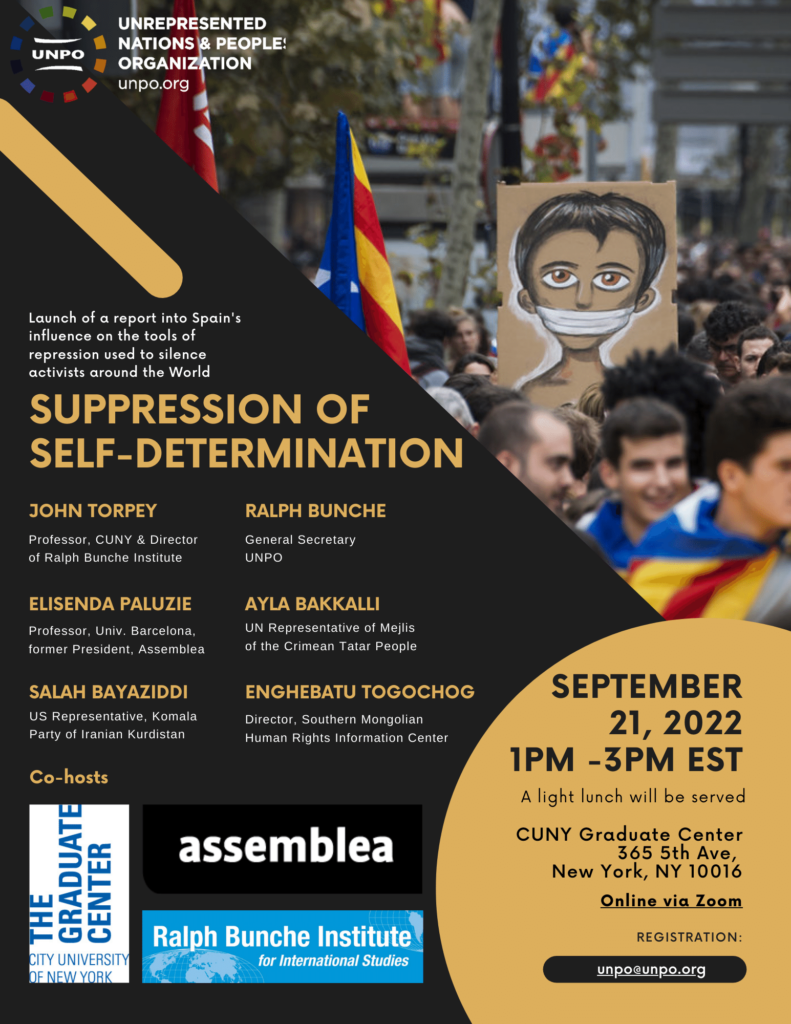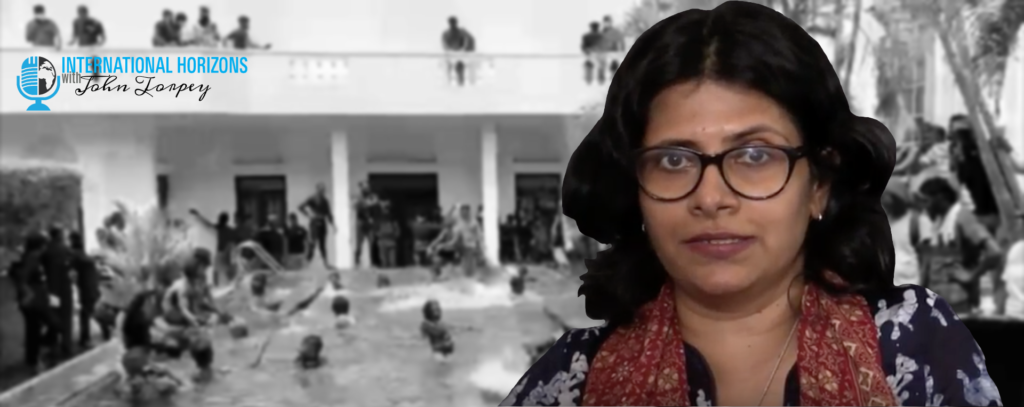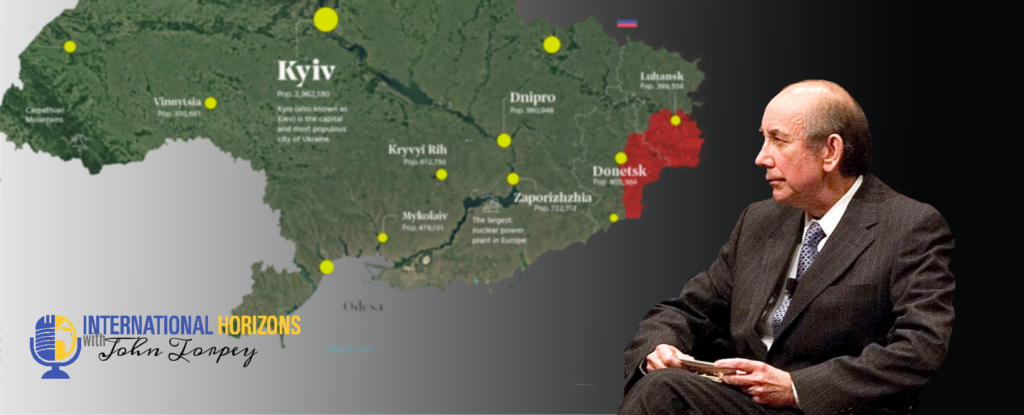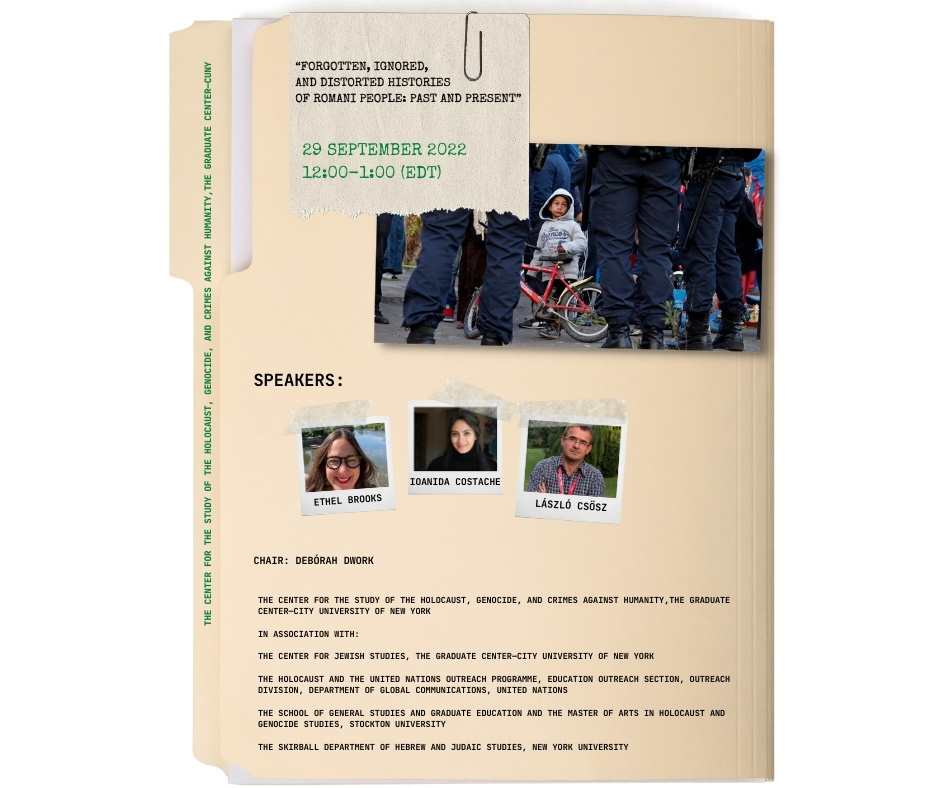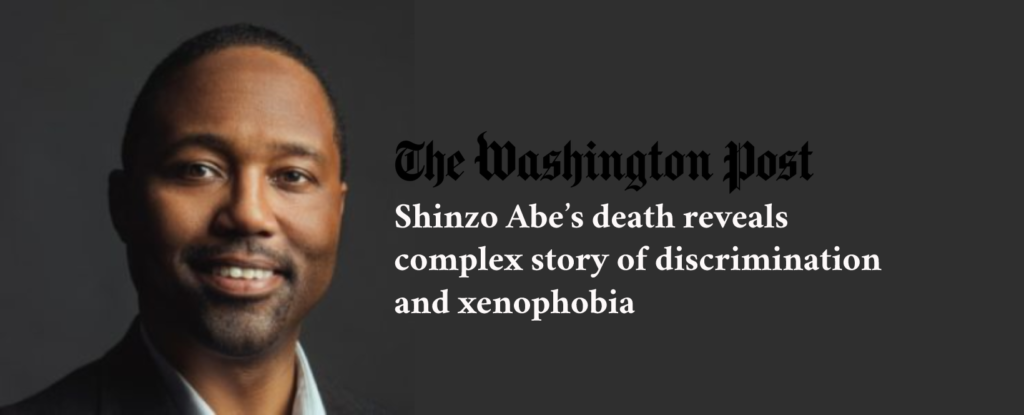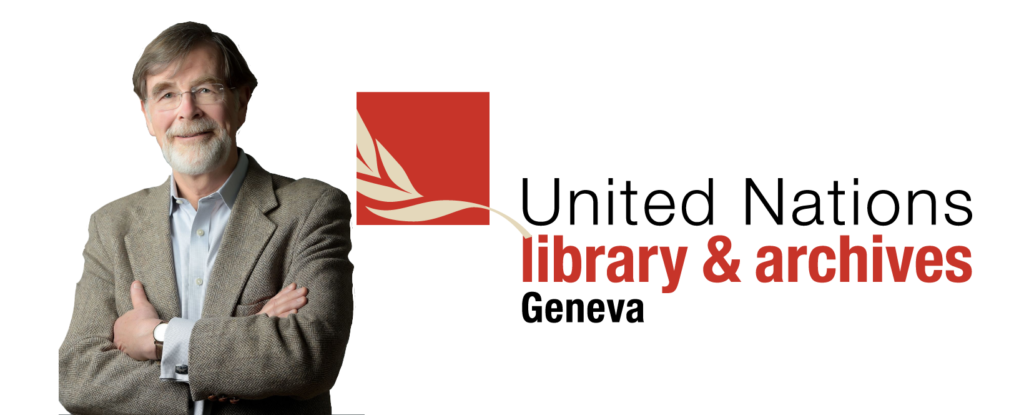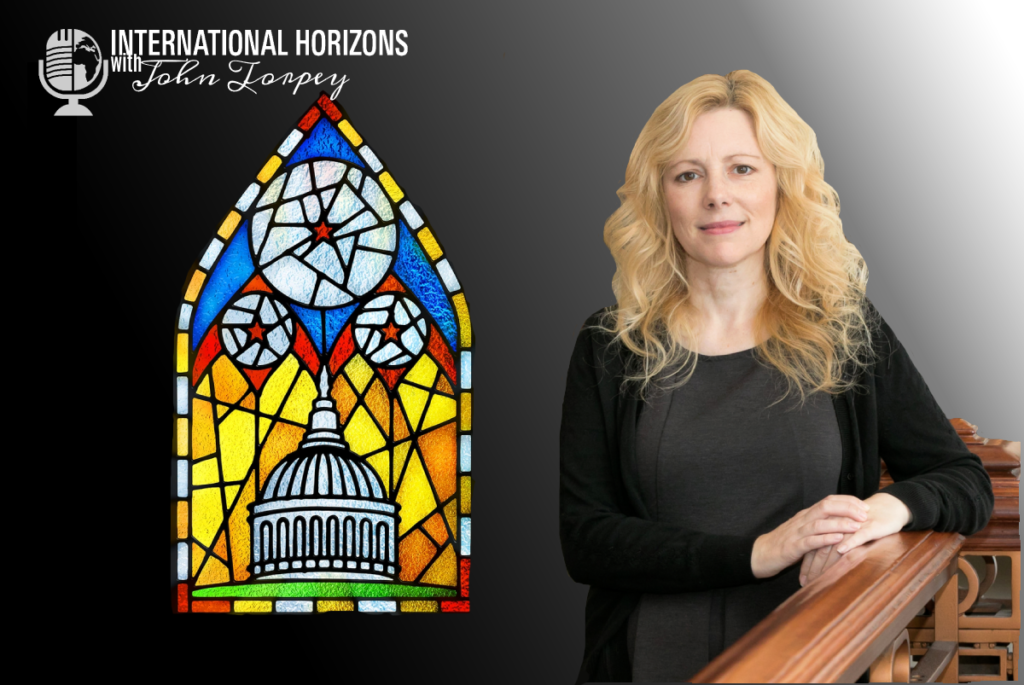The Western coalition supporting Ukraine in its war with Russia has so far been thought to be solid and reliable, but there may be vulnerabilities
Italy has just held an election in which it appears that a far-right candidate from a post-fascist Party has won, and its leader will become
The United Kingdom has experienced a number of epochal transitions of late, starting with its departure from the European Union in early 2020, and more
Launch of a report into Spain’s influence on the tools of repression used to silence activists around the world. September 21, 2022 1PM – 3PM
Sri Lanka has recently endured tremendous political and economic turmoil with severe shortages of goods and fuel leading to the ouster of the sitting president. After Gotabhaya Rajapaksa fled the country in disgrace, he was replaced by another dynastic heir, Ranil Wickremesinghe. While much has changed in the once war-torn island nation, much has thus stayed the same. Welcome to International Horizons, a podcast to the Ralph Bunche Institute for International Studies that brings scholarly and diplomatic expertise to bear on our understanding of a wide range of international issues.
We open this season of International Horizons with former US Ambassador to Ukraine Roman Popadiuk, who talked to RBI Director John Torpey about the history of Ukrainian-US relations and how the Budapest Memorandum meant to protect Ukraine as it surrendered its nuclear arsenal failed to stop Russia. Moreover, Ambassador Popadiuk recounts the Russians’ gains and setbacks during the invasion and how the conflict is approaching a standstill pending the outcome of negotiations. Finally, Ambassador Popadiuk underscores that the likelihood of nuclear escalation is very low, because it would bring new uncertainties for Russians that they cannot afford having.
The historical record is marked by voids: elided events; disappeared people; erased accounts; marginalized communities.
The Center for the Study of the Holocaust, Genocide, and Crimes Against Humanity (Graduate Center—City University of New York), in association with the School of General Studies and the Master of Arts in Holocaust and Genocide Studies (Stockton University) and the Skirball Department of Hebrew and Judaic Studies (New York University), offers a year-long virtual series, The Marginalized and the Erased, to tackle a number of those blank spots.
Shinzo Abe’s death reveals complex story of discrimination and xenophobia In forging a new Japanese identity after the war, the government excluded some groups —
In this episode of the #NextPagePod, we are joined by Professor Thomas G. Weiss, of the CUNY Graduate Center, a renowned researcher of the United
In this episode of International Horizons, sociologist Amy Adamczyk of CUNY’s John Jay College of Criminal Justice discusses the role of religion in determining people’s attitudes on a range of issues such as abortion and homosexuality. From a global perspective, we also discuss the peculiarities of religiosity in the United States, which is an outlier because of its relatively high levels of religiosity compared to other wealthy democracies. Adamczyk also discusses the intersection between religion, abortion and LGTBQ+ issues, considering that the world has become widely accepting of sexual diversity in the past 20 years. Finally, the conversation revolves around Adamcyzk’s most recent co-authored book Handing Down the Faith: How Parents Pass Their Religion on to the Next Generation, which addresses the factors that make children religious.

